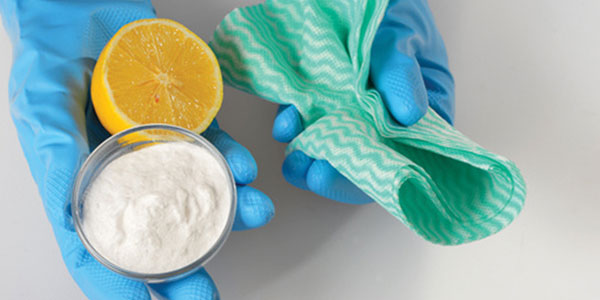 |
 Bill Lauto is an Environmental Scientist and Energy Consultant who has been teaching how we can save our money, energy, environment, and health, since 1982. Mr. Lauto operates GoingTrueGreen.com and his work has been published in magazines such as: Consumer Report, Kiplinger's Financial and Business Ethics. |
|
First, let us not become overly worried, but let us review and take some action. Toxicity levels in any household kitchen can vary tremendously. People will have an assorted volume of products in the closet or under the sink. Many items are commercial products to help clean an oven, sink, drain pipes, exhaust fans, all types of floors, countertops, stainless steel appliances, dishes, and silverware. Then we go ahead with cooking and eating with many of these items just cleaned by any possible assortment of toxic chemicals. As I have stated in previous editorials, only 3 things Do Not put toxins into our food: Glass, Porcelain, and Wax Paper. Anything else can and will leach into our food and drink. Adding extra heat or cold to many chemicals will accelerate the transfer. For example, water inside a plastic bottle made with BPA chemicals will leak into the water faster when placed in a freezer or hot car. Now this will not harm you tomorrow, but perhaps we should look at these anomalies like smoking cigarettes. Why RISK potential health issues later in life? Additionally, products such as some oven cleaners are problematic when inhaled or make contact with our skin. However, health hazards are not just from oven cleaners laden chemicals. Dish washing soaps that employ the use of sulfates in any amount should be avoided. So what actions should we take? First read all the labels and look up the definitions to ingredients you are not familiar with or can't pronounce. Research new organic replacement products on the web and in stores. If you decide to toss a product for a natural one, that is great but DO NOT pour it down the drain or flush it down the toilet! Townships have programs to properly dispose of these products. We DO NOT want them going into our Waterways or back into our drinking water table in the ground. To start everyone off on the path to no more chemicals, better health, and saving money, here is a Dish Washing Soap formula. Please realize that while this dish washing soap may not foam up as much as your previous brand, that does not mean an inferior job is being done. Add the following into a Glass Mason Jar: As for Hand Soap, you can find many formulas online and shape them into many different designs. So creativity goes hand in hand with saving Money, Health, and God's Green Earth! |
|
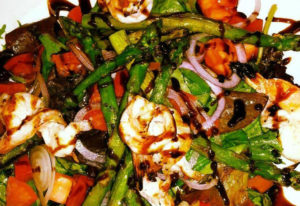
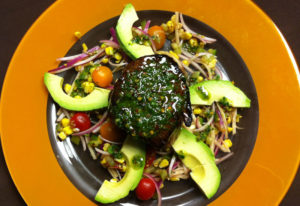

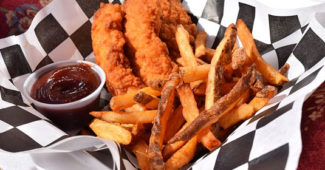
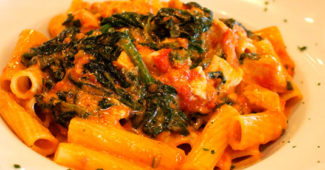
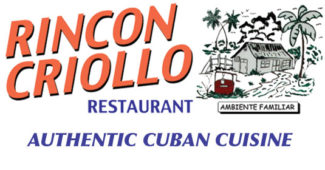






 20 lucky winners will win $500 each in prizes totaling $10,000.
20 lucky winners will win $500 each in prizes totaling $10,000. 